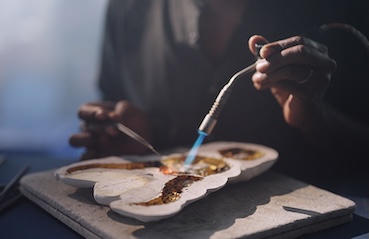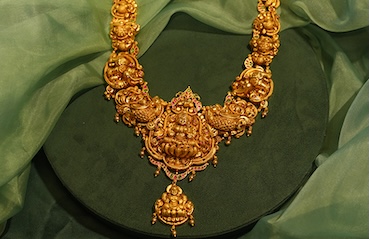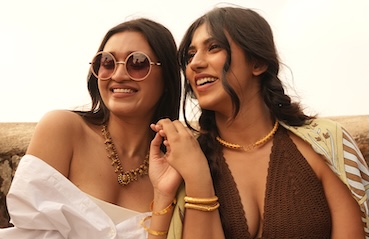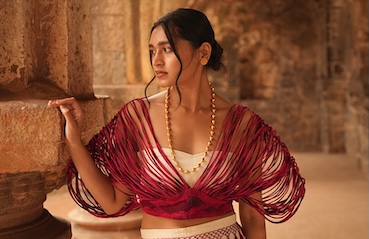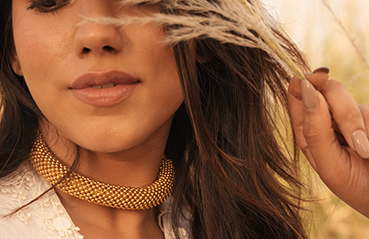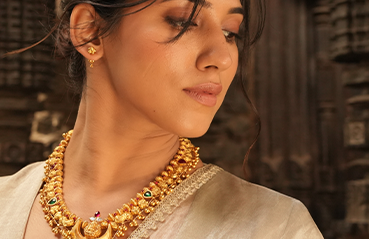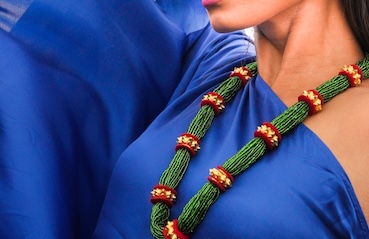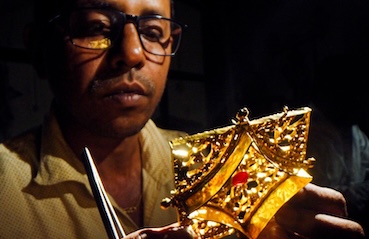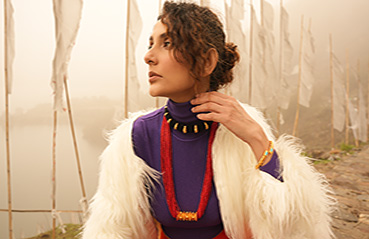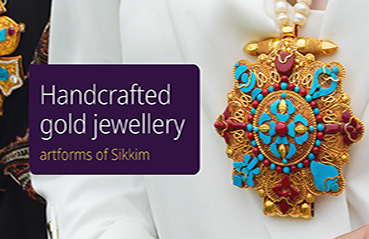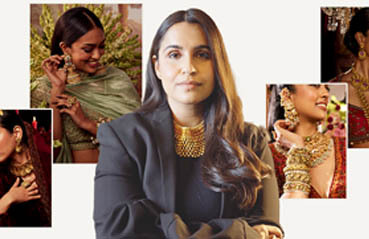Published: 27 Sep 2017
Indian family heirlooms always bright as gold

India has a heart of gold! Every Indian heart deep down inside values gold for more than one reason. Most of us grew up watching our mothers, aunts and grandmothers decking up in exquisite golden jewellery at every special family occasion. Much of this jewellery is passed on from one generation to another as heirlooms and many young girls grow up dreaming of the day when she would get to wear it.
Passing down gold jewellery through generations is a beautiful symbolic representation of one’s legacy. It’s not uncommon in India to see mothers giving their jewellery to their daughters or some ‘khandani’ (family) bangles or rings that are specially kept aside to welcome a new daughter-in-law. Sometimes gold bangles are a sign of a wedding proposal, other times it’s a way to express your priceless love for your children.
Many Indians will also be buying gold jewellery thinking of the growing price of gold in the future and hence; for generation’s we have been passing on heirlooms which have come to be one of the most valued long term investments in their culture! This custom continues even now in most households. Since the time a child is born, Indian mothers start saving money to buy gold jewellery. Usually, all this jewellery is gifted when daughter or son gets married along with the heirlooms that their parents had received themselves for their wedding. So, the tradition continues.
Gold is such an integrated part of marriage inheritance in Indian culture, that when one starts a new life after marriage, wealth is usually the least of a couple’s worries. The families would be passing on their heirloom to newly-weds which they could sell and use for their new life. Yet, selling the heirloom is not very common in India as it has a huge sentimental value attached. Especially, if they have been passed down many generations. Hence, you will find mostly Indians would try other sources of income in times of distress and consider selling gold jewellery as their last resort.
